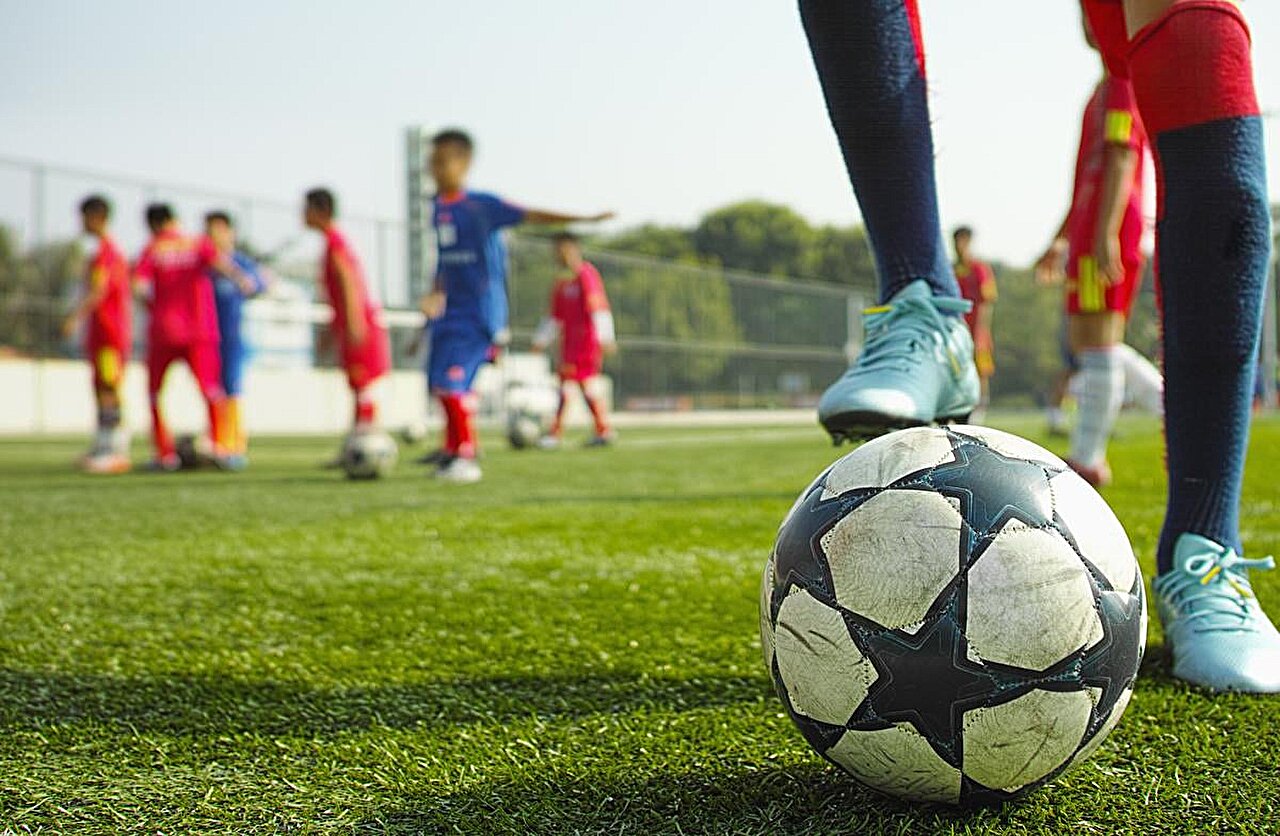Sweat, Study, Succeed: How Athletics Supercharge Teen Brains

Boosting Academic Success: The Surprising Power of Youth Sports
Want to give your child a competitive edge in the classroom? A groundbreaking new study suggests an unexpected strategy: encouraging participation in organized sports. Researchers have discovered that athletic involvement goes far beyond physical fitness, offering significant cognitive and academic benefits for young students.
The study reveals that children who engage in structured sports activities demonstrate remarkable improvements in academic performance. These young athletes typically show enhanced focus, better time management skills, and increased discipline—qualities that directly translate to classroom success. Sports teach valuable life lessons about teamwork, perseverance, and goal-setting, which naturally complement academic achievement.
Beyond the mental benefits, organized sports provide children with a structured environment that promotes self-discipline and personal growth. Students learn to balance their athletic commitments with academic responsibilities, developing crucial time management skills that serve them well throughout their educational journey.
Parents and educators take note: investing in your child's athletic participation could be the secret weapon to unlocking their full academic potential. Whether it's soccer, basketball, swimming, or any team sport, the benefits extend far beyond the playing field.

